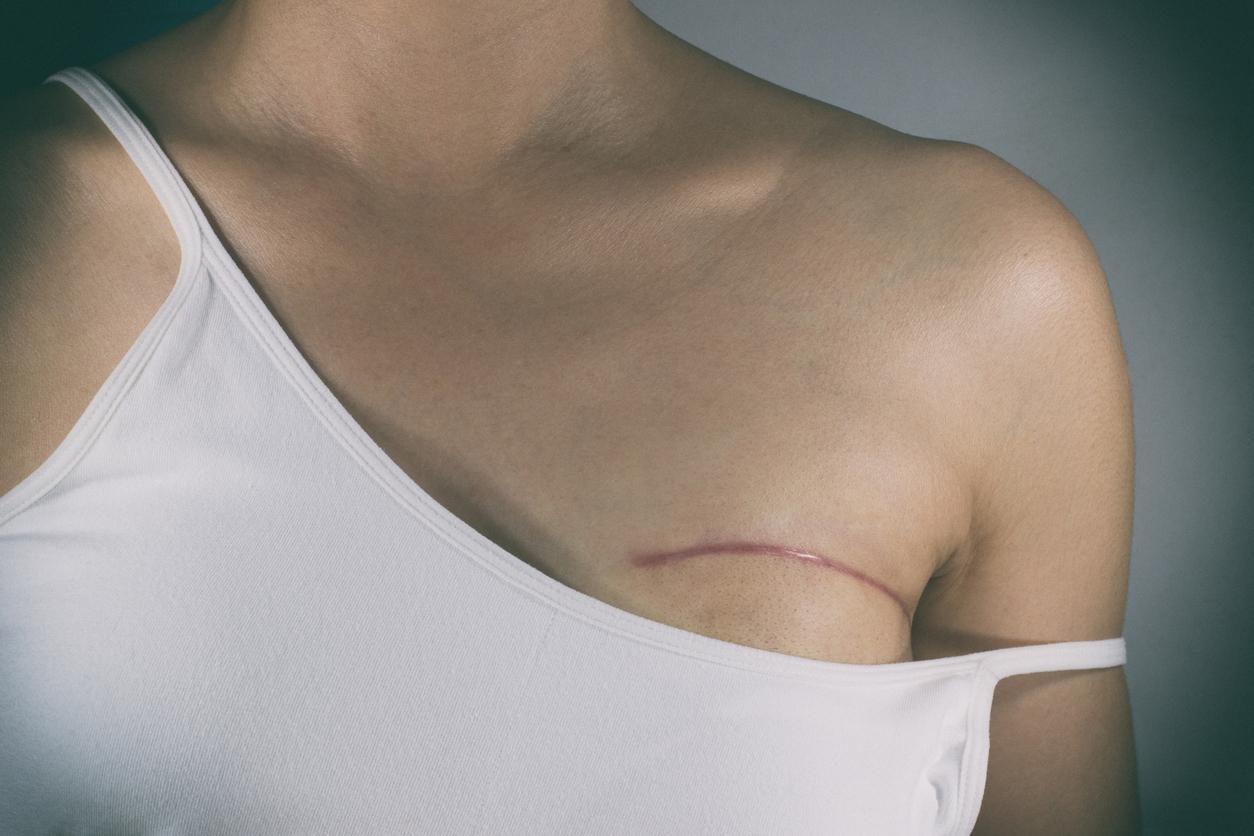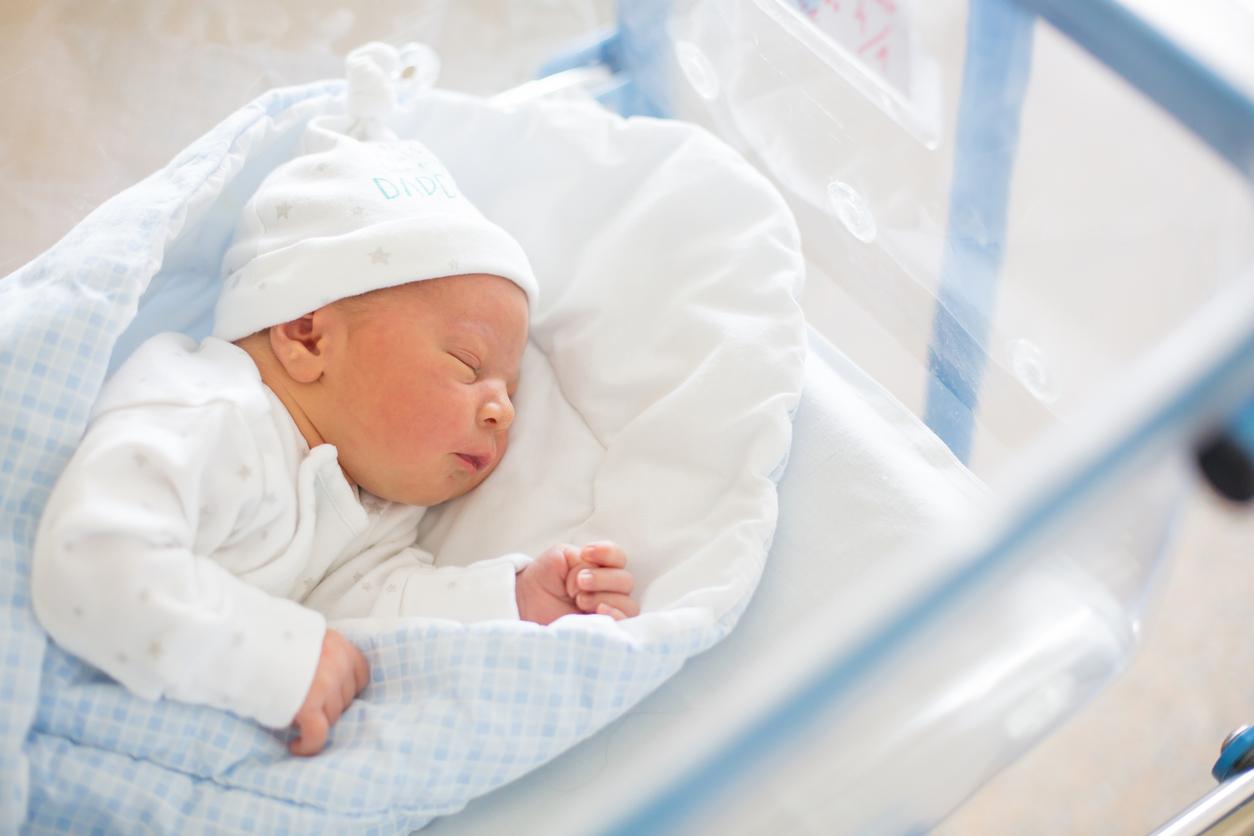As the birth rate continues to decline in France, more and more women are becoming pregnant at an advanced maternal age. Professor Patrick Rozenberg, obstetrician and head of the women’s and children’s department at the American Hospital of Paris, takes stock of the risks incurred by the mother and child during a late pregnancy.

- In France, 20% of pregnancies are late, that is to say they take place after the age of 35.
- In the unborn child, the risk of malformations and growth delays increases due to chromosomal abnormalities in the mother.
- As for pregnant women, they are more likely to develop hypertension and diabetes, known as “gestational”, as well as to die from cardiovascular pathology.
“We speak of late pregnancy when it occurs after the age of 35. Since 2005, this phenomenon has occupied an increasingly important place in maternity hospitals in France, since it concerns 20% of pregnancies in the territory,” declares Professor Patrick Rozenberg, obstetrician and head of the women’s and children’s department at the American Hospital of Paris. He believes that this phenomenon has accelerated, because women now have a different lifestyle. “They work and want to have professional stability first. Pregnancy takes second place!”
Late pregnancies: cardiovascular diseases are now the “leading cause of maternal mortality”
“When they decide to conceive a baby and become pregnant at an advanced maternal age, women are not always aware of the risks. Some think that their pregnancy will be like that of a 25-year-old,” points out the specialist. However, carrying life after 35 years endangers the health of the mother and fetus. According to the practitioner, the risk of miscarriage but also of malformations and growth delays in the unborn child increases due to increasingly significant chromosomal anomalies as the mother ages. “Two factors also favor in utero fetal death. These are obesity and the age of the father.”
On the mother’s side, there is a link between advanced age and the risk of hypertension and diabetes, known as “gestational”. “The occurrence of these two diseases, which persist after childbirth in some cases, increases when obesity is present in the parents. In the context of late pregnancy, patients are also more likely to die. Previously, “The leading cause of maternal mortality was hemorrhage. Now it is cardiovascular pathologies, which are linked to hypertension, diabetes and obesity.” explains Professor Patrick Rozenberg.
According to the obstetrician, women over 35 who have frozen their eggs and resort to medically assisted procreation (MAP) are at less risk than those who conceive a baby naturally. “At 20, 25 or 30 years old, oocytes show fewer chromosomal abnormalities.”
Caesarean section, fetal death: initiating childbirth earlier to reduce the risks
“Before conceiving a child, people aged 35 and over should have a preconception consultation. This allows for a health check-up and to inform them of the risks and possible complications during a late pregnancy. example, if the patient suffers from hypertension or obesity, it will be possible to stabilize her blood pressure or to implement a weight loss program (the adoption of a good diet, the practice of physical activity ) upstream to improve pregnancy outcomes”, indicates the specialist.
To reduce the risk of heart problems, Professor Patrick Rozenberg recommends doing a cardiovascular exam. “Late pregnancies must be monitored very closely due to the multiple risks. From the third trimester, medical appointments must be spaced three weeks apart. During the last month of pregnancy, pregnant women should have at least two consultations .” In case of late pregnancy, it also advises inducing labor earlier. “According to a study, for these patients, giving birth to their baby at around 8 months of pregnancy reduces the risk of cesarean section, hypertensive accidents and allows the child to be in better health.”















